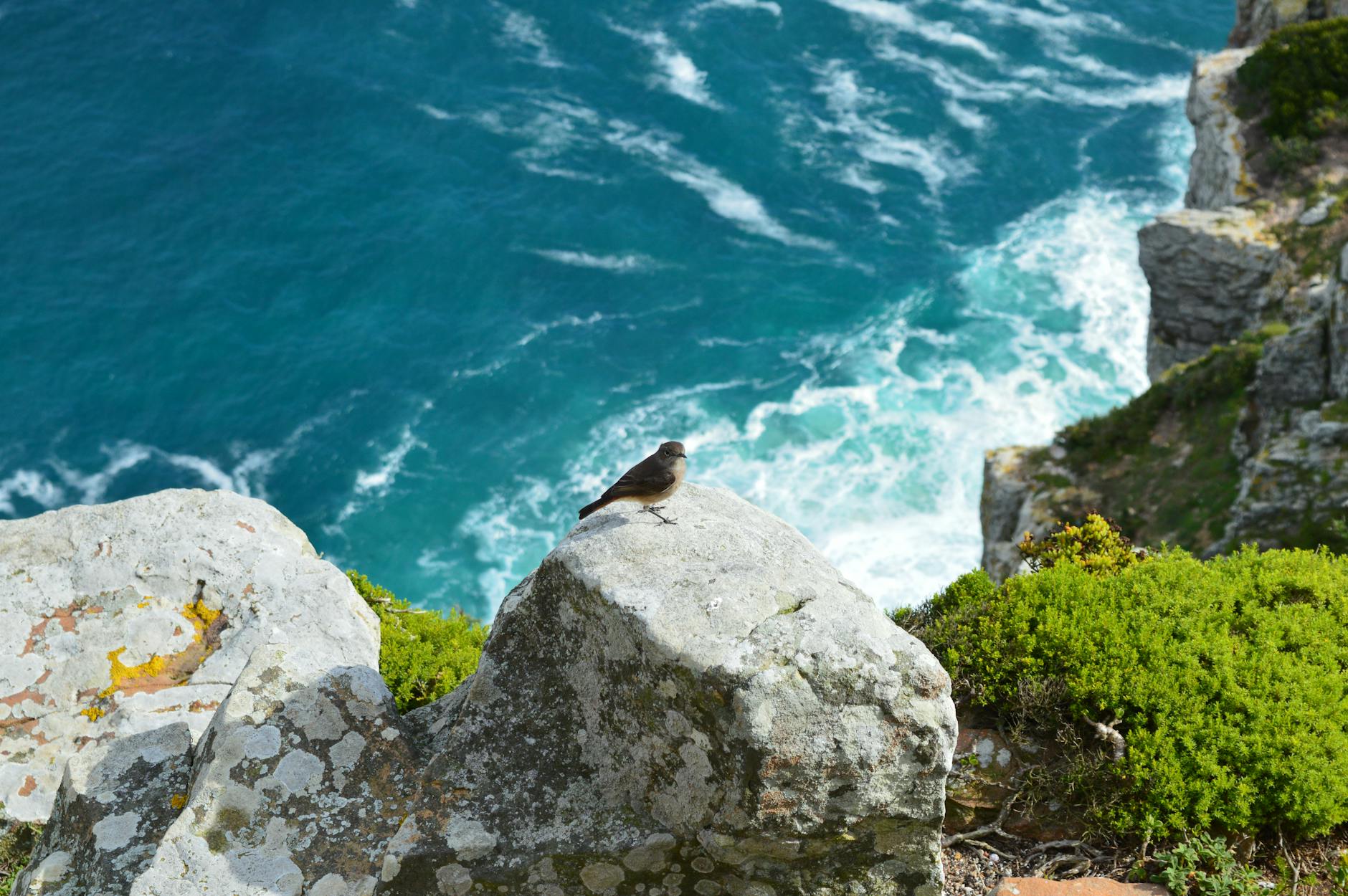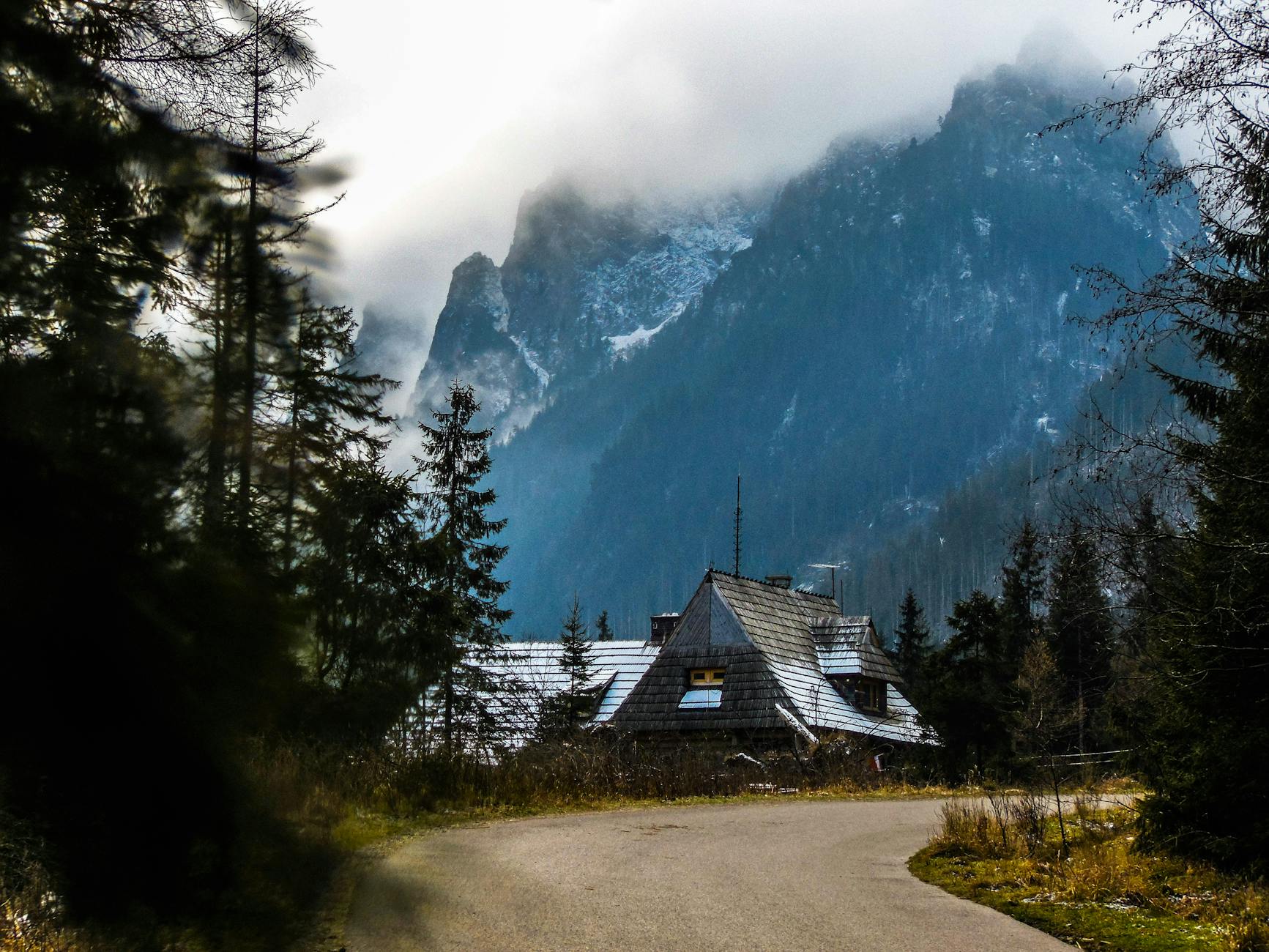How to Find the Best Tailored Eco-Tours from Australia

Choosing Your Eco-Tour Destination
Walking along the scenic Brisbane Riverwalk always fills me with a sense of wonder and reminds me of the diverse adventures waiting beyond our boundaries. When thinking of tanzania tours, the allure lies in their ability to transport you to ecosystems brimming with life and vitality. I recall a memorable journey that took me deep into the Serengeti, where the harmonious coexistence of diverse wildlife left me in awe and instilled a deeper appreciation for the world's natural wonders.
For those eager to explore more of the African continent, african tours offer a chance to experience history, culture, and a variety of landscapes. Navigating the grassy savannahs, I connected with local communities who shared their knowledge of conservation, enhancing my understanding of both the region's beauty and the efforts needed to preserve it.
If you're pondering a journey filled with rich, diverse experiences, tailormade africa is another fantastic option for crafting a trip that aligns with your environmental values. These bespoke tours focus on sustainable travel practices, ensuring that while you immerse yourself in an adventure, you minimize your footprint and support local conservation initiatives. For those of us who prioritize eco-friendliness, choosing these paths ensures travel becomes more than just a journey—it's a step towards contributing positively to the ecosystems we cherish.
Evaluating Eco-Tour Operators
Sustainability Practices in Tours
Sustainability is at the forefront of any eco-conscious traveller’s mind, and selecting the right tour operator plays a crucial role. When I recall my jaunt through South America, I can't help but reminisce about the eco-friendly practices implemented during my tailormade South America adventure. Ensuring the operators are committed to sustainable practices, like reducing waste or supporting local communities, deeply enhances the travel experience. Actions to look for include the use of renewable energy, minimal plastic usage, and contributions towards local environmental initiatives.
Certifications and Credibility Checks
Another essential step is verifying the operator’s credibility through certifications. During my travels, I make it a point to research any acknowledgements from reputable bodies like Eco Tourism Australia. Certified operators often adhere to strict environmental guidelines, making them a reliable choice for the eco-conscious tourist. When planning your next Kenya safari, be sure to verify certifications to ensure you're supporting sustainable travel practices rather than unintended ecological harm.
Environmental Impact Assessments
Lastly, take a moment to consider the tour’s environmental impact. Many proficient operators conduct thorough assessments to understand and mitigate their activities' potential damage. Knowing that you're joining a tour with a commitment to preserving natural habitats during your exploration can be reassuring. As you gear up for your next eco-tour, these evaluations ensure your excursions around the globe support and sustain the world's breathtaking landscapes.
Planning a Tailored Experience
Customizing Itineraries for Interest
Walking through the heart of the cultural precinct at South Bank Parklands in Brisbane, I often dream of the diverse landscapes awaiting eco-travelers like Oliver in South Africa. Crafting a bespoke itinerary can transform a trip into a lifelong memory. Deciding which areas and activities to include, whether it’s capturing the thrill of an African safari or embarking on South Africa tours, requires an understanding of both travelers' interests and the environmental significance of each destination.
Creating an itinerary tailored to specific interests helps enhance your connection with the destination. For example, collaborating with local guides not only enriches your understanding of the unique ecosystems, but it also supports communities dedicated to sustainable tourism. In my travels, I've found that engaging with local conservation projects offers a chance to make a meaningful impact. From volunteering in wildlife preserves to participating in beach clean-ups, these hands-on experiences align with the ethos of responsible travel.
Incorporating environmentally conscious activities—like opting for solar-powered accommodations or selecting tours run by companies committed to reducing their carbon footprint—can make your journey both enjoyable and sustainable. Such planning ensures the preservation of natural habitats while allowing travelers to explore responsibly.
These thoughtful choices not only enrich the travel experience but serve as essential steps toward ensuring the longevity of the remarkable places we strive to protect.
Preparing for Your Eco-Tour
Essential Gear and Clothing
When gearing up for an eco-tour, choosing the right essentials can enhance the experience while staying true to sustainable principles. I remember packing for a South Georgia cruise, one of the highlights of my sustainable travels. The pristine landscapes demanded careful planning to ensure that my gear was both practical and eco-friendly.
- Sustainable Clothing: Opt for clothing made from organic or recycled materials. During my South America travel, lightweight, moisture-wicking fabrics kept me comfortable without compromising on sustainability.
- Reusable Items: Always have a reusable water bottle and a set of travel utensils. These simple swaps can drastically cut down single-use plastics on your journey.
- Eco-Friendly Gear: Prioritize packing essentials like solar-powered chargers or biodegradable toiletries. They’re invaluable in reducing your ecological footprint during your trip.
Understanding Cultural Sensitivities
Cultural sensitivity is key to authentic and respectful travel. Before venturing to new destinations, spend time researching local customs and norms. I’ve found that understanding the intricacies of each place fosters a deeper connection with both its people and environment. It’s not just about knowing how to act, but why certain traditions hold importance.
Health and Safety Considerations
Ensuring safety and well-being while respecting the environment is vital. Vaccinations and travel insurance should be sorted well in advance. In addition, integrating eco-friendly practices, like using biodegradable insect repellent, can help maintain the delicate balance of nature you’ll encounter. These steps can make a significant difference in your responsible travel efforts.
Common Mistakes
Navigating Local Regulations
During my wanderlust-driven escapades, there's nothing like the thrill of discovering new cultures and landscapes. Yet, I’ve learned that wherever we roam, respecting local regulations is paramount. I recall one sunny day in Brisbane, when I almost overlooked the importance of local park guidelines while exploring the scenic Brisbane Riverwalk. Smart travelers ensure that they’re well-versed in local rules, whether it’s respecting prohibited areas or understanding wildlife interaction restrictions. Staying informed not only safeguards these natural wonders but also enhances our own experience by aligning with the community's values.
Mastering Travel Logistics
Ah, the art of seamless travel! I remember vividly my early adventures where I underestimated travel logistics, turning potential pleasures into minor nuisances. An early bus departure was missed on a trip to the South Bank Parklands, all because I hadn’t accounted for traffic! We must plan meticulously, from transport timings to alternative routes, ensuring every journey runs smoother than the Brisbane River itself. Through careful planning, our paths become less about hurdles and more about enjoying the eco-friendly experiences on offer.
Seizing Carbon Offset Opportunities
In our pursuit of meaningful travel, every step counts. One of the simplest yet often overlooked actions is addressing the carbon footprint of our movements. Just as the lush Brisbane Botanic Gardens represent nature's pristine beauty, I strive to keep my travels equally exemplary. Offsetting carbon emissions through certified programs or opting for eco-conscious flight choices make a profound statement. By integrating these sustainable practices, we demonstrate our commitment to preserving the destinations we cherish, ensuring they remain for future explorers with a heart for the planet.


